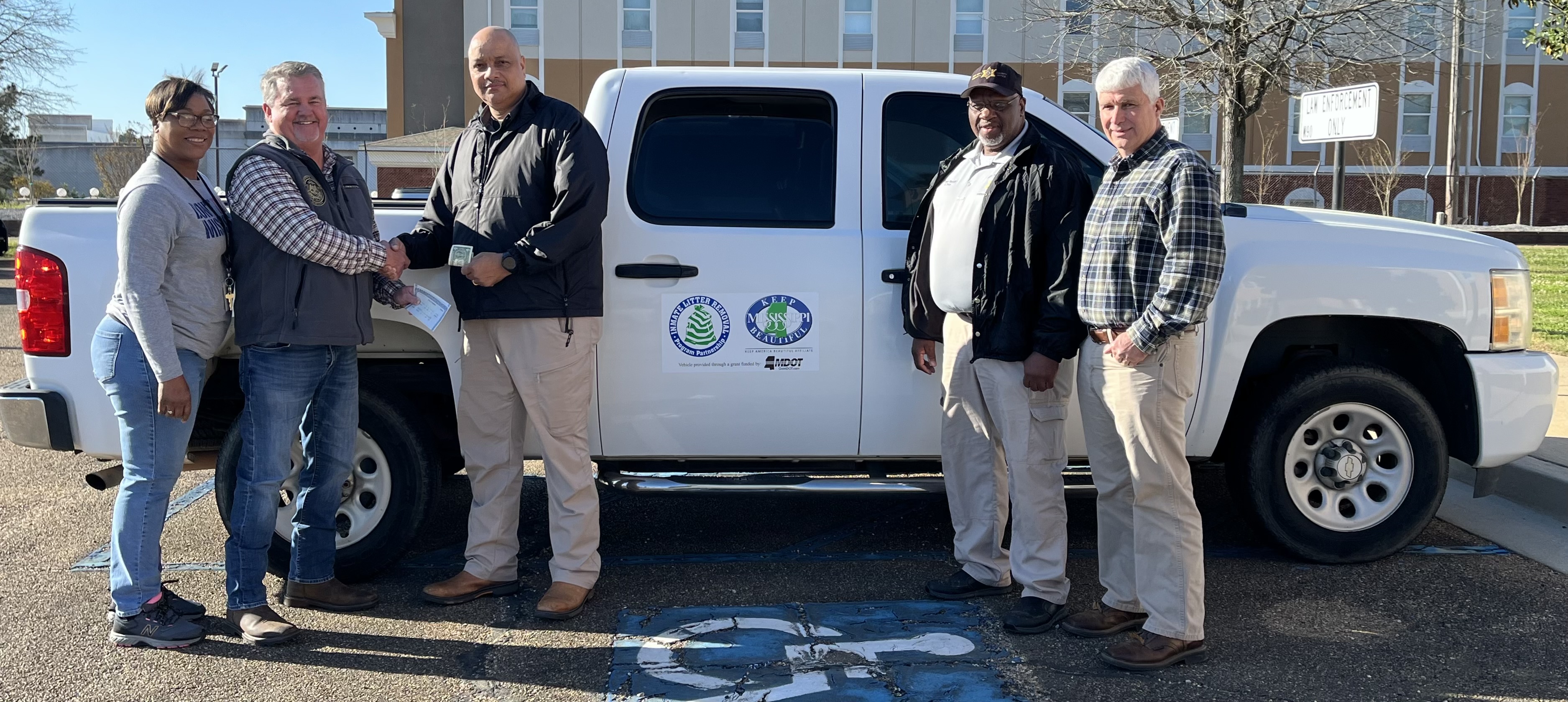Mississippi abortion case seen as litmus test of Supreme Court in post-Ginsburg era
Published 3:43 pm Tuesday, October 12, 2021
Both pro-life and pro-choice Americans focus on a Mississippi abortion rights case that will be the first such case before the Supreme Court since the perceived philosophical stance of the court changed with the 2020 death of liberal Associate Justice Ruth Bade Ginsburg.
Roe v. Wade is the landmark 1973 case out of Texas that has for nearly a half-century legalized abortion by establishing that the Constitution protects a woman’s right to choose to have an abortion. Planned Parenthood v. Casey is the 1992 landmark case out of Pennsylvania that reaffirmed Roe v. Wade and set a test on state abortion laws of “undue burden” – defined as a “substantial obstacle in the path of a woman seeking an abortion before the fetus attains viability.”
The Mississippi case directly challenges both the Roe and Planned Parenthood precedents to defend a 2018 Mississippi law that bans most abortions after 15 weeks of pregnancy. The high court is being asked by Mississippi in the brief already before the court: “Whether all pre-viability prohibitions on elective abortions are unconstitutional.”
After passage by the Mississippi Legislature, the 2018 state law was blocked by the U.S. District Court and the 5th U.S. Circuit Court of Appeals, which led on appeal to Supreme Court review.
On Dec. 1, the court will hear oral arguments in the case of Dobbs v. Jackson Women’s Health Organization. “Dobbs” is State Health Officer Thomas Dobbs, of late familiar to Mississippians as the face of the Covid-19 pandemic’s management and named in the case simply by virtue of his job. “Jackson Women’s Health Organization” is the state’s last remaining abortion provider.
What are the stakes of this case concerning the longtime precedent abortion cases Roe v. Wade and Planned Parenthood v. Casey? Respected legal journalist Amy Howe of the independent SCOTUSblog.com, one of the nation’s best Supreme Court analysts, offered this assessment:
“The case, Dobbs v. Jackson Women’s Health Organization, was already positioned to be one of the highest-profile arguments of the 2021-22 term because the state (Mississippi) had specifically asked the court to overrule its landmark decisions in Roe v. Wade and Planned Parenthood v. Casey and holding that the Constitution protects the right to have an abortion before the fetus can survive outside the womb. But the spotlight on the case became even more intense when the Supreme Court turned down a request to block the enforcement of a Texas law that prohibits abortions after the sixth week of pregnancy.
“The court was deeply divided in the Texas case, with the conservative majority acknowledging that the challengers had ‘raised serious questions regarding the constitutionality of the Texas law.’ But the majority, over dissents by Chief Justice John Roberts and the court’s three liberal justices, nonetheless allowed the Texas law to go into effect while litigation challenging its constitutionality continues in the lower courts.”
Mississippi Attorney General Lynn Fitch said in a statement: “The Court has acknowledged that states have the authority to promote legitimate interests, including protecting women’s health and defending life; but its abortion precedents have denied the people and their elected leaders the ability to fully do so.
“In fact, the Roe decision shackles states to a view of facts that is decades old, such that while science, medicine, technology, and culture have all rapidly progressed since 1973, duly enacted laws on abortion are unable to keep up. With Dobbs, the Supreme Court can return decision-making about abortion policy to the elected leaders and allow the people to empower women and promote life.”
But Planned Parenthood’s Sarah Stoesz said: “As the Supreme Court takes up a case on abortion rights and access, we must remember we all deserve the opportunity to control our lives at the most basic level: our bodies, our families, and our life’s path, including whether and when to become a parent. Americans overwhelmingly support a woman’s right to access safe and legal abortion and do not want to see this right taken away.”
That chain of events is how arguably the most anticipated and impactful case before America’s most powerful court in 2021 originated in Mississippi.
Sid Salter is a syndicated columnist. Contact him at sidsalter@sidsalter.com.





